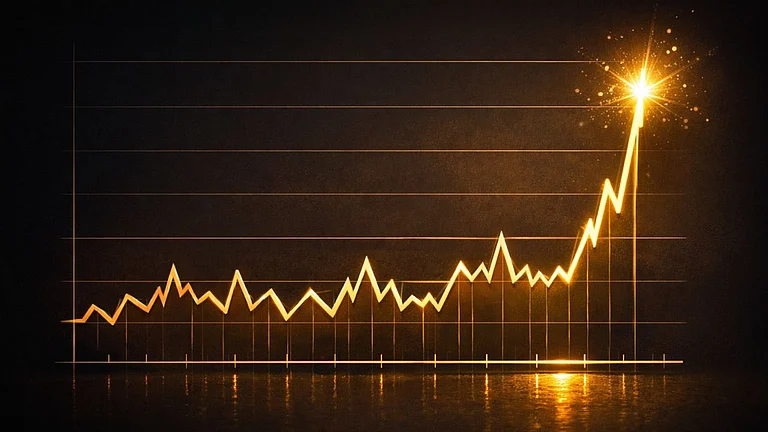The Reserve Bank of India (RBI) on March 21, 2024, announced an 8.34 per cent rate of interest on the Government of India Floating Rate Bond 2033 (GOI FRB 2033).
"The rate of interest on Government of India Floating Rate Bond 2033 (GOI FRB 2033) applicable for the half year March 22, 2024 to September 21, 2024, shall be 8.34 per cent per annum," the central bank said.
It is an upward revision as earlier the interest rate of GOI FRB 2033 for the half year September 22, 2023, to March 21, 2024, was 8.25 per cent per annum.
"It may be recalled that FRB 2033 carries a coupon, which has a base rate equivalent to the average of the Weighted Average Yield (WAY) of the last three auctions (from the rate fixing day, i.e., March 22, 2024) of 182 Day T-Bills, plus a fixed spread (1.22 per cent)," RBI said yesterday.
Floating Rate Bonds
Floating Rate Bonds are government securities that do not have a fixed coupon rate, but keep varying throughout their tenure based on the fluctuations in benchmark. The benchmark rate may be the repo rate, reverse repo rate, average T-Bill and Savings scheme interest rate.
In the case of GOI FRB 2033, the base benchmark rate is the average T-bill rate, i.e. a weighted average yield of the last three auctions of 182 Day T-Bills plus a fixed spread (1.22 per cent). Short-term, zero-coupon debt instruments issued by government are called T-bills. Since this FRB is bound to follow the yield of T-bills, let's examine the performance of T-bills. The tenor-wise indicative yield on 182 Day T-Bill is 7.12 per cent as of today.
As RBI has not reduced repo rates taking inflation into account, the country is still on the top end of the rate cycle. So investing in long-term bonds that offer a good yield to lock in the rates, can be considered rather than floating rate bonds, where rates may be revised downward after RBI announce repo rate cuts.
Note that the RBI floating rate bonds cannot be traded, and they also cannot be used as collaterals. But these bonds have the least volatility and have no credit risk involved in it. If you're someone who wants a safe investment option that provides you with regular coupons, you can consider this. For a senior citizen, concerned about fluctuation in FRB, the Senior Citizens Savings Scheme (SCSS) can be considered. Once you've utilized the SCSS limit of Rs 30 lakh, you can invest the rest of the funds in RBI floating-rate bonds. SCSS currently offers 8.2 per cent interest lower than GOI FRB 2033. The coupons received in both schemes are taxable according to the income tax slab.
These bonds can be purchased directly via the RBI Retail Direct account or the NSE GoBid platform.













